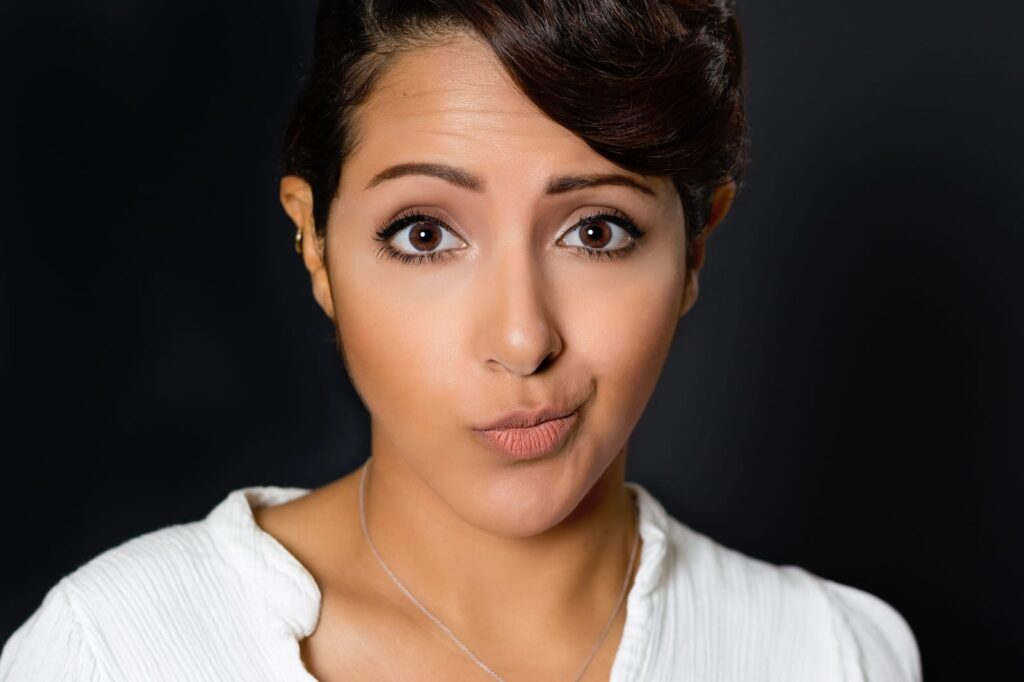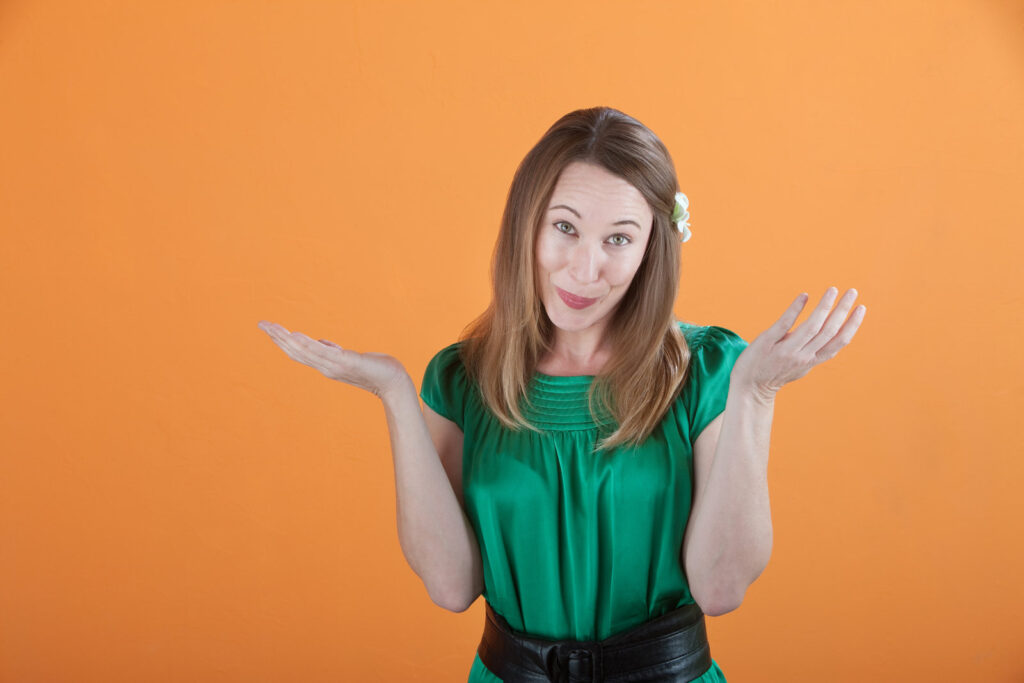Understanding Social Norms
People often wonder if it’s okay to ask women about their age in social settings. Generally, in most Western cultures, asking a woman her age comes off as rude, but the reasons behind this are more tangled than you might expect.
This norm has roots in decades of pressure that judge women differently as they age compared to men. Society tends to view women as less valuable as they get older, which creates insecurities and makes age-related questions feel invasive.
Understanding why this topic is so touchy can help you avoid awkward conversations. Social norms around age aren’t just about politeness; they’re tangled up with history, gender, and power.
Why Is It Considered Rude to Ask a Woman Her Age?
Society has built up strong rules about age-related questions, especially for women. These rules come from deep cultural beliefs and the real harm these questions can cause.
Cultural Taboos and Social Expectations
Many cultures see asking a woman her age as crossing a line. Society often judges women more harshly based on their age than men.
Women constantly feel pressure to look young and attractive. Getting older can feel like losing social value in a world obsessed with youth.

Because of this, age becomes sensitive information. Some women feel they have to hide their real age just to be accepted.
The taboo exists because women are often judged based on their age, with younger women being seen as more desirable. Older women might face discrimination in dating, work, and social circles.
Different cultures handle this in their own ways. Some are blunt about age, while others treat it as private and off-limits.
Power Dynamics and Privacy
Age questions create an awkward power dynamic. The person asking puts the woman on the spot – she has to either share something personal or refuse and risk seeming rude.
Women might defensively ask what business it is of yours when faced with these questions. That reaction shows just how intrusive it feels.
Privacy matters a lot here. Age ties into all sorts of personal stuff – health, career, life choices – you name it.
Men almost never get the same pressure about their age. Society tends to see a woman’s value drop with age, while a man’s value rises. This double standard makes age questions feel unfair. Women know that sharing their age might bring judgments men just don’t face.
The Impact of Age-Related Questions
When you ask a woman her age, things can get awkward fast. You might see uncomfortable silences, nervous glances, or even offense.
She might feel embarrassed or insecure. It’s kind of like asking about weight or income, it is often just too personal, so be wary!
Some women end up lying about their age when put on the spot. Honestly, they probably feel like they shouldn’t have been asked in the first place.

These questions can chip away at trust and connection and they can hint that you might judge her by her age, not who she is.
And it’s not just about one awkward conversation. These questions reinforce the message that women lose value as they age, which is pretty damaging.
Ageism, Stereotypes, and Gender Bias
Women deal with a double whammy, society judges them on both gender and age. Ageism hits women differently than men, mixing sexism with age discrimination.
How Ageism Affects Women
When you ask about age, you’re poking at pressures that hit women harder. There’s this expectation that women should look young forever, which is of course totally unrealistic.
Women face a mix of gender and age discrimination that blocks their careers. It’s harder to get hired, promoted, or even taken seriously as they age.
The workplace can get especially tough for older women. They’re expected to follow aging rules that don’t apply to men. Men might get more respect with age, but women? Not so much.
Research points out that women who live alone or have poor health are especially vulnerable to ageism. For them, age questions sting even more.
The Role of Age-Related Stereotypes
Age stereotypes lead to all kinds of wrong assumptions about women’s abilities. When you ask about age, you might (even without meaning to) judge someone’s energy or relevance.
Ageism props up stereotypes that miss the point about aging. People forget the experience and wisdom that come with age.
Studies show that older women get labeled as warm but not competent. That’s unfair and limits what people think women can do.
Even older adults stereotype their own age group. It’s wild how deep these biases run.

Gender Equality and Double Standards
Questions about age really shine a light on how differently society treats men and women as they get older. You see it everywhere, media, work, even casual chats.
Women face gender bias all their lives, and it doesn’t stop with age. The pressure to hide your age? It’s just not the same for men.
Men get called “distinguished” as they age, while women get criticized. Why does gray hair make men look professional but supposedly ages women out of the room? I love what Pamela Anderson is doing as she gets older, doesn’t care and looks great!
Women are often shown less favorably than men as they get older. That creates a lot of anxiety about aging that men just don’t have to deal with.
It’s no wonder age questions feel like more than curiosity, they come loaded with judgments about worth and attractiveness.
Navigating Age-Related Conversations Respectfully
Knowing when age questions are okay – and how to talk about age with some tact – can help you avoid uncomfortable moments. Setting boundaries and finding better ways to connect makes conversations feel more genuine.
When Is It Acceptable to Ask About Age?
Sometimes, it’s totally reasonable to ask about age. Medical appointments, legal forms, and job applications all need age verification.
Social situations where age comes up naturally might include:
- Planning milestone birthdays
- Talking about shared generational experiences
- Joining group activities with age requirements
- Dating, where compatibility matters
In close relationships, people usually feel comfortable sharing their age. Family and longtime friends get a pass.
But at networking events or business meetings? Best to skip the age talk. It’s just not relevant there. Remember too that timing really matters. Wait until you actually know someone before diving into personal stuff like age.
Alternatives to Asking Directly
You can learn a lot about someone without asking directly about age. There are more natural ways to get a sense of where someone’s coming from.
Generational References
- Bring up music, movies, or TV from certain decades
- Talk about big events you remember
- Share memories from school or childhood
Life Stage Conversations
- Ask about career milestones or education
- Chat about travel or life goals
- Talk about family or living situations
Shared Experiences
- Mention cultural trends or moments
- Discuss changes in technology you’ve seen
- Swap stories about past decades or events
These approaches let you connect without demanding specifics. Most people end up sharing their age naturally if they feel comfortable enough, there’s no need to push.
Respecting Boundaries and Privacy
Personal privacy regarding age really deserves respect, no matter how curious you might feel. A lot of people treat age as private, or even sensitive info.
Ever notice these signals when someone gets uncomfortable?
- They change the subject pretty fast
- Answers turn vague or just a bit evasive
- They crack a joke to dodge the question
- Sometimes, they’ll just say outright they don’t want to share
If someone says no, just drop it. Let it go and talk about something else.
Some folks are totally fine chatting about age, but others? Not so much. Culture, background, and even mood play a part in how people feel about it.
If you want to make things more comfortable, maybe start by sharing your own info first. That way, you’re being open without expecting anything back.
Truth is, lots of people keep certain things private, even with friends. And you know what? That’s totally normal.
Finally, always, always remember the golden rule – if you ever do ask and she replies with “guess” take 5 years (at least) off your initial thoughts. Immediate win!









